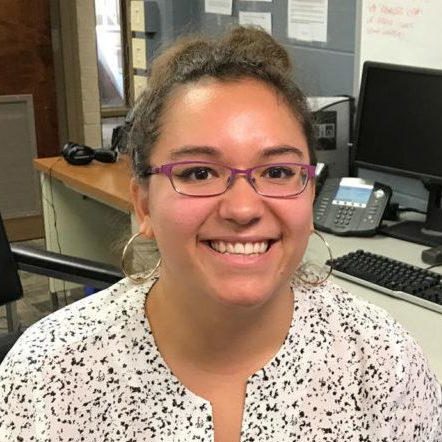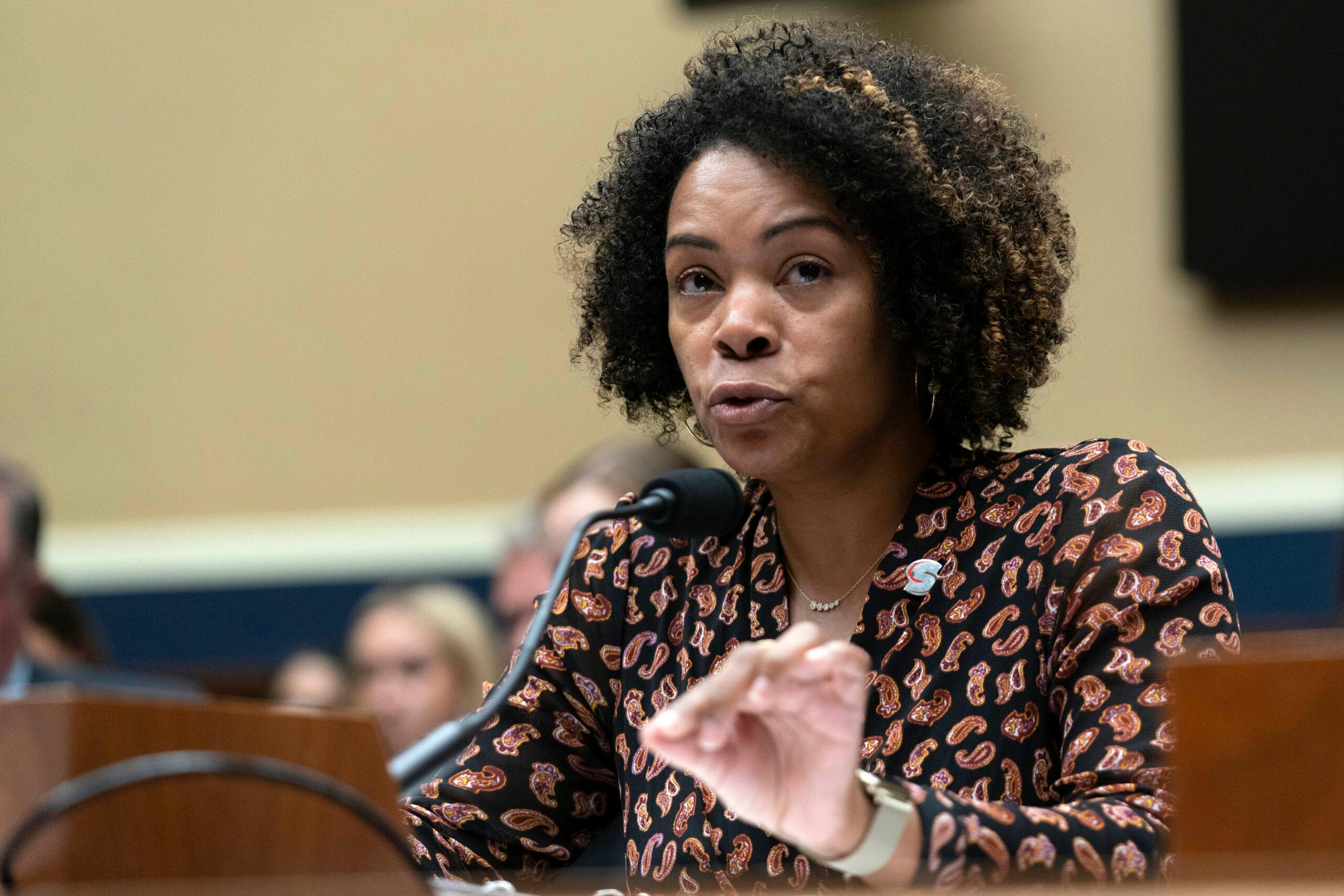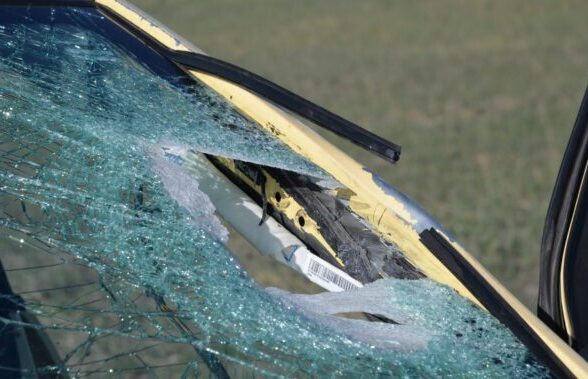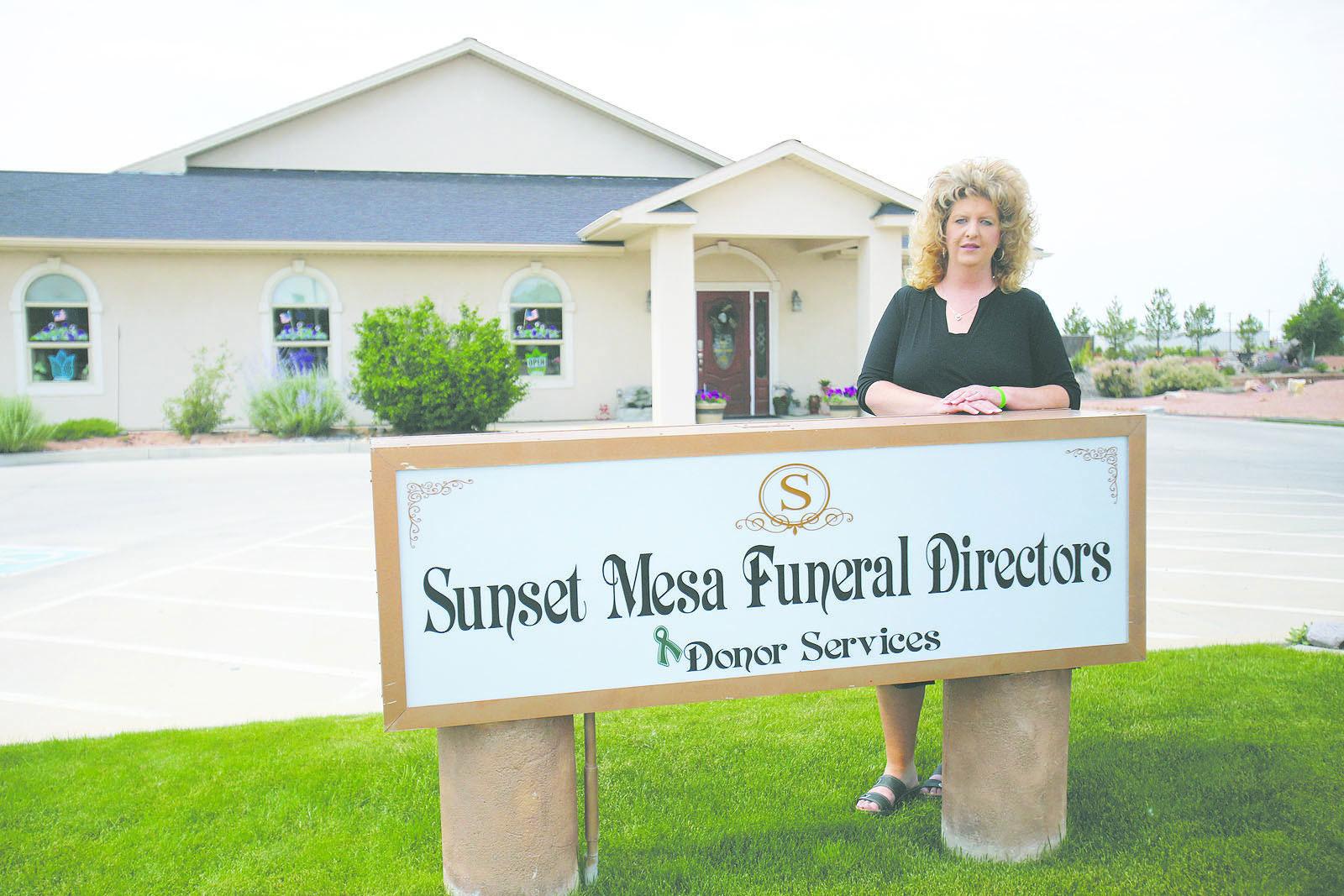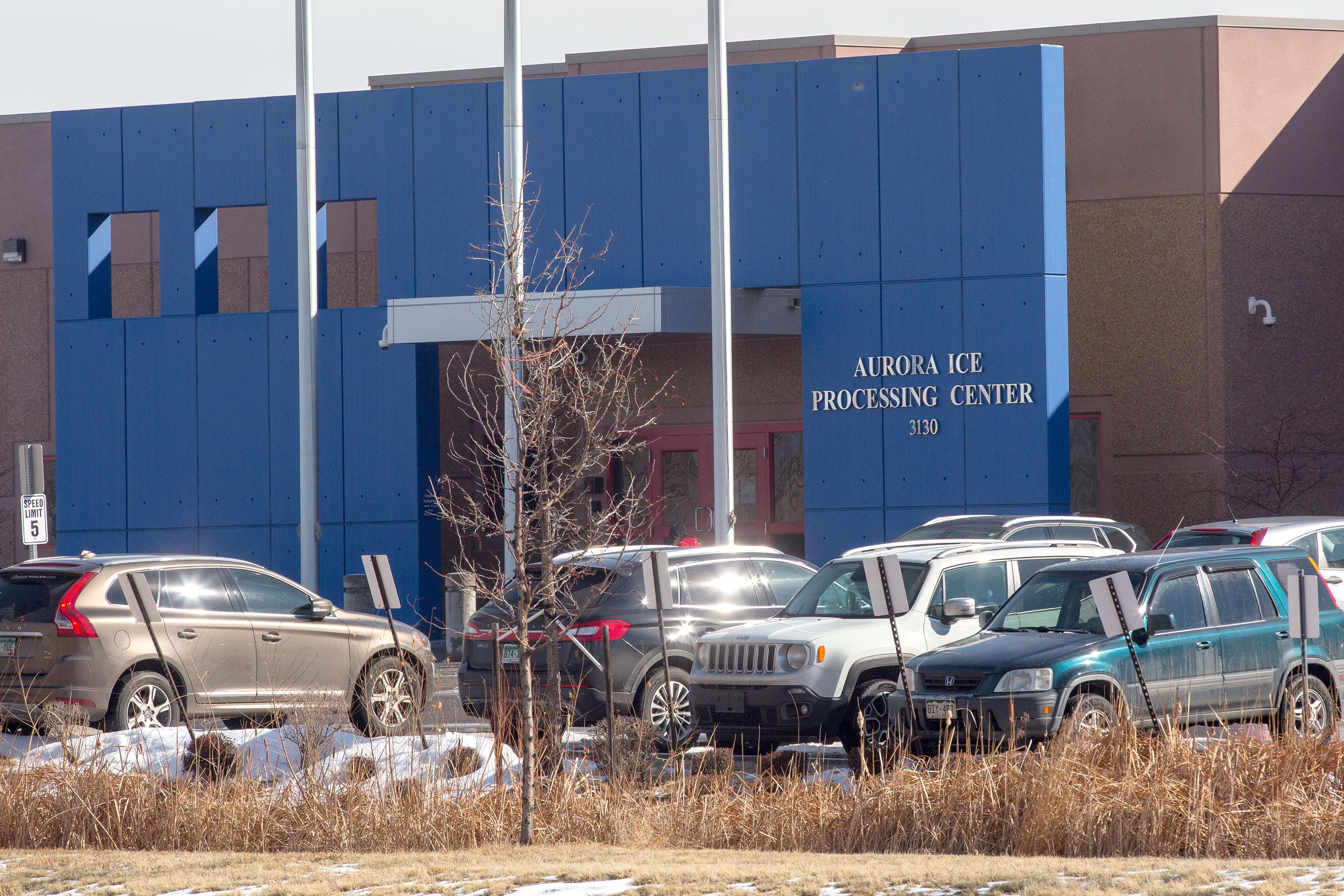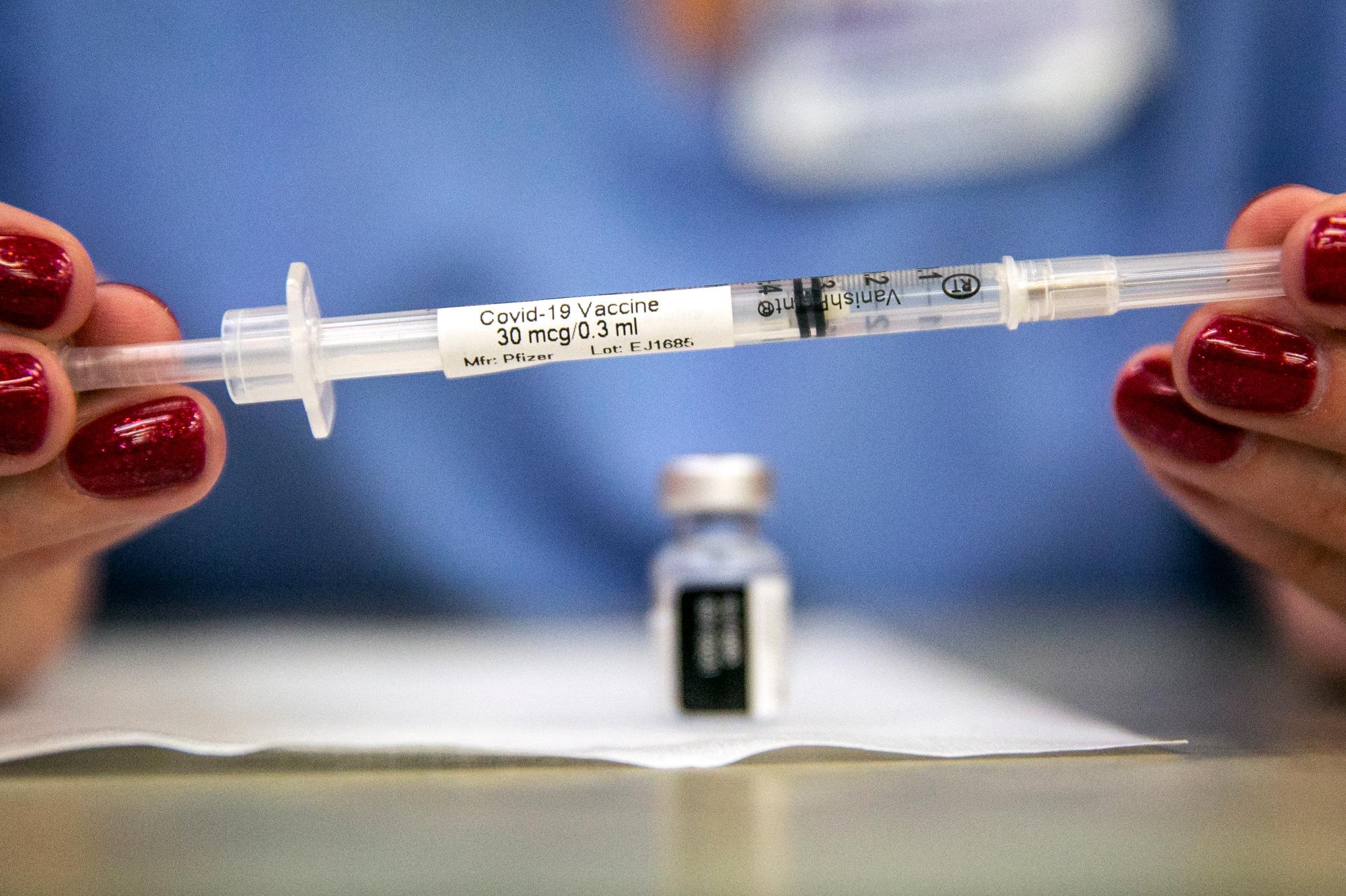
As the state distributes its first phase of Pfizer vaccines to healthcare locations, disability organizations are looking for more information on accessibility.
Kenny Maestas works with the Colorado Cross-Disability Coalition and has been collaborating with the state on these issues. Maestas joined the state's COVID-19 health equity panel in April, which was phased out earlier this fall. He's now working with the state on the vaccine rollout plan.
Maestas said he's been in the hospital on a ventilator before, and the possibility that there could have been a ventilator shortage encouraged him to get involved.
"If there was gonna be a shortage of ventilators in rural Colorado, I wanted to know when and where," said Maestas, who lives in Prowers County. "I'm a single dad, I got a 16 year-old son that lives with me, and that I gotta take care of for a long, long time yet."
Maestas said his main focus right now is working to share vaccine information with his community and answer any questions that come up. He's still working to understand how the vaccine affects people with pre-existing health conditions.
In Pfizer's vaccine trials, some participants reported flu-like side effects.
According to Pfizer's summary of vaccine trials, some participants experienced side-effects that included fatigue, headache, muscle pain and nausea, in addition to allergic reactions to ingredients in the vaccine. Only one severe allergic reaction has been tied to the vaccine in the U.S. so far.
The company does not list any other complications, but does state that "additional adverse reactions, some of which may be serious, may become apparent with more widespread use of the Pfizer-BioNTech COVID-19 Vaccine."
"Life's already tough enough with a spinal cord injury, I don't need any other side effects coming along," Maestas said.
Some COVID-19 testing sites neglected to address accessibility issues. What does that mean for vaccine distribution?
Emily Shuman, the director of Rocky Mountain ADA, provides guidance to individuals and organizations on compliance with the Americans with Disabilities Act. With so much vaccine news circulating each day, she said she's concerned about a communication gap between the state and people with disabilities.
"I don't know if other people are just still in woohoo mode, and haven't really settled back down to start thinking about the questions yet, but I know personally that's where I am," said Shuman.
She said her organization has seen rushed rollouts of COVID-19 testing sites over the past few months that have neglected to address accessibility issues for people with disabilities. She wants to know more about in-person and online options for people who use screen readers or may need a sign language interpreter.
Shuman is also hoping for more specifics on how people with disabilities, especially those in long-term care facilities, fit into the state's phased distribution. According to the Colorado Department of Public Health and Education, people with high health risks are slated to get the vaccine during the second phase, which starts in the spring.
The vaccine signals a turning point in the pandemic.
While disability advocates wait to see how they fit into the vaccine rollout, health care workers have been labeled high-priority since the rollout’s planning stages.
In Southern Colorado, UCHealth Memorial Hospital in Colorado Springs vaccinated health care workers after receiving doses of the Pfizer vaccine on Monday.
Pueblo County received 3,000 doses of the vaccine on Wednesday, with 1,000 going to Parkview Medical Center and 190 going to St. Mary-Corwin. Public Health Director Randy Evetts said Pueblo is one of nine distribution sites across the state, so remaining vaccine doses will be distributed to neighboring counties.
Evetts said receiving the vaccine felt like a turning point in the pandemic.
"I think it offers a glimmer of hope. It's certainly created some excitement among our staff," said Evetts. "I think it's a beacon of light for all of us that this is now available."
The health department also received ten doses to give to nurses on staff working at testing sites. Evetts said he expects it will take several weeks to vaccinate every healthcare worker in Pueblo County.
